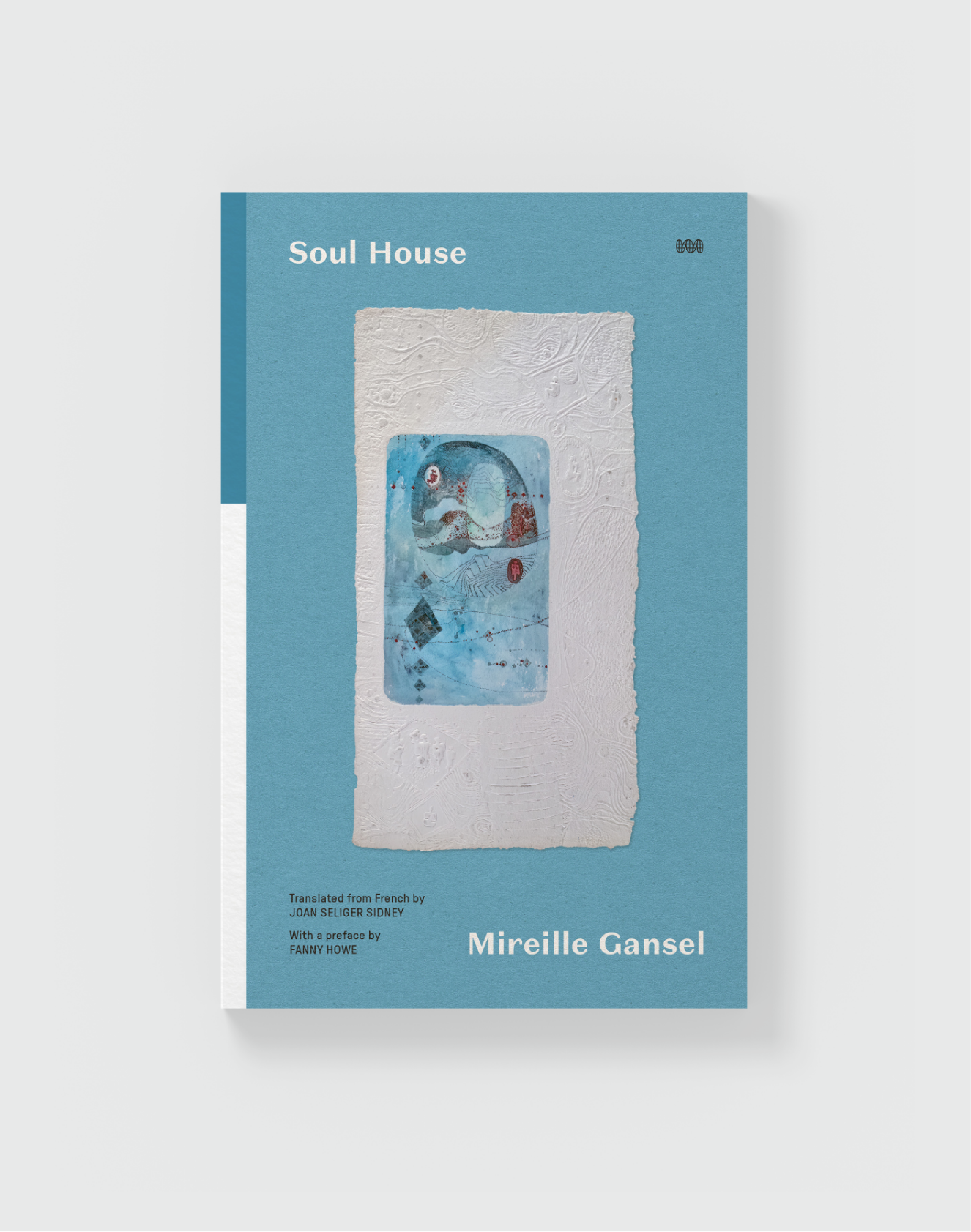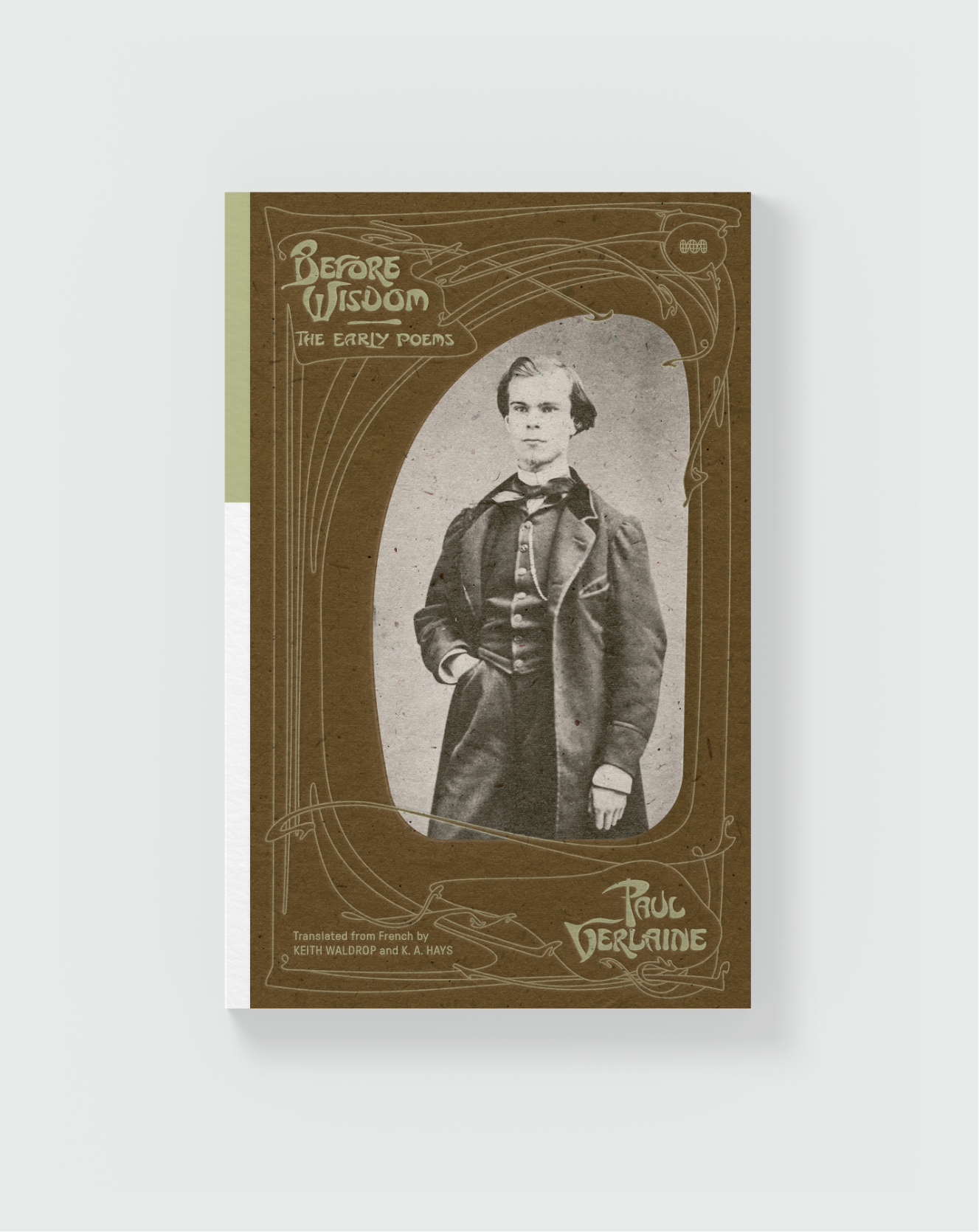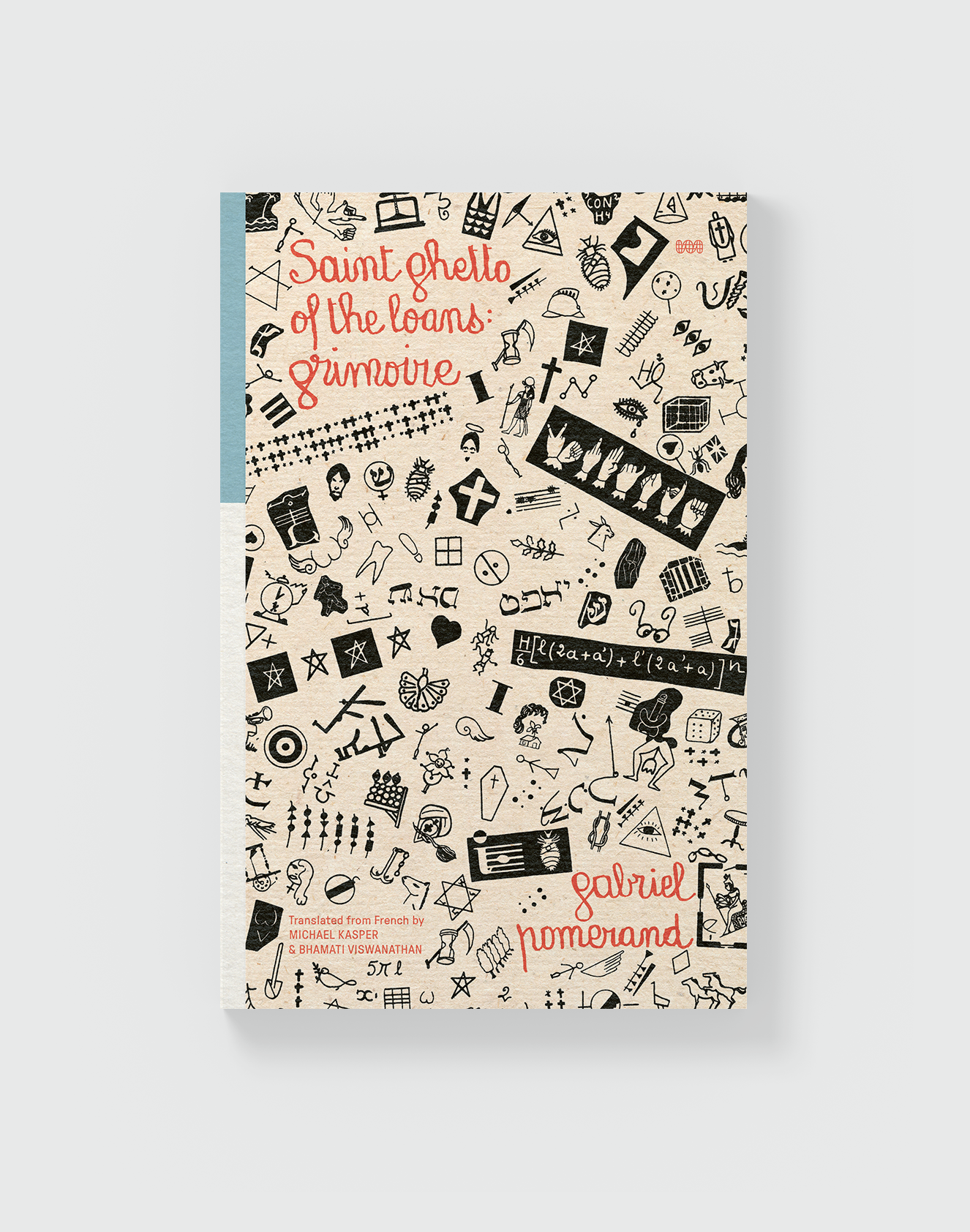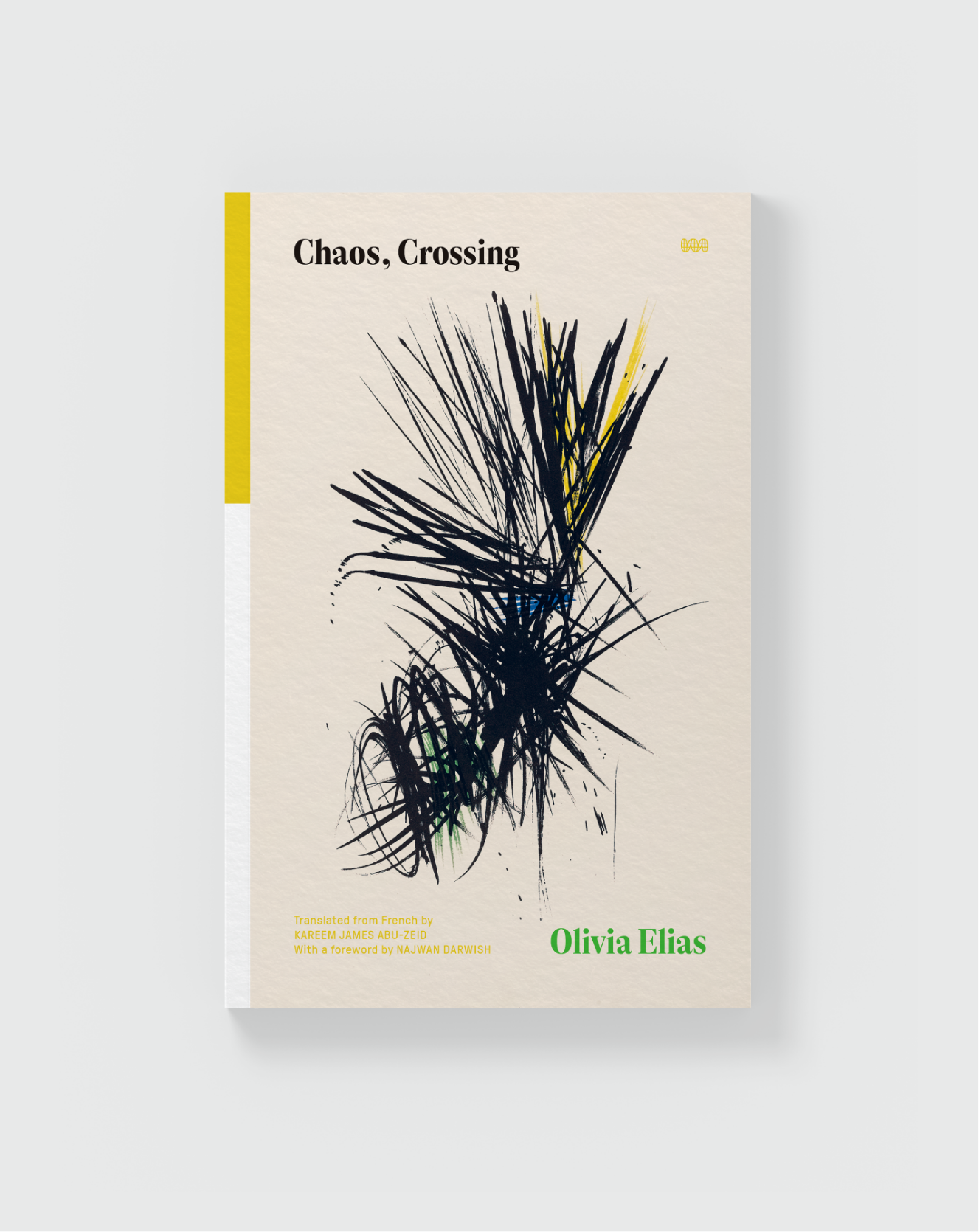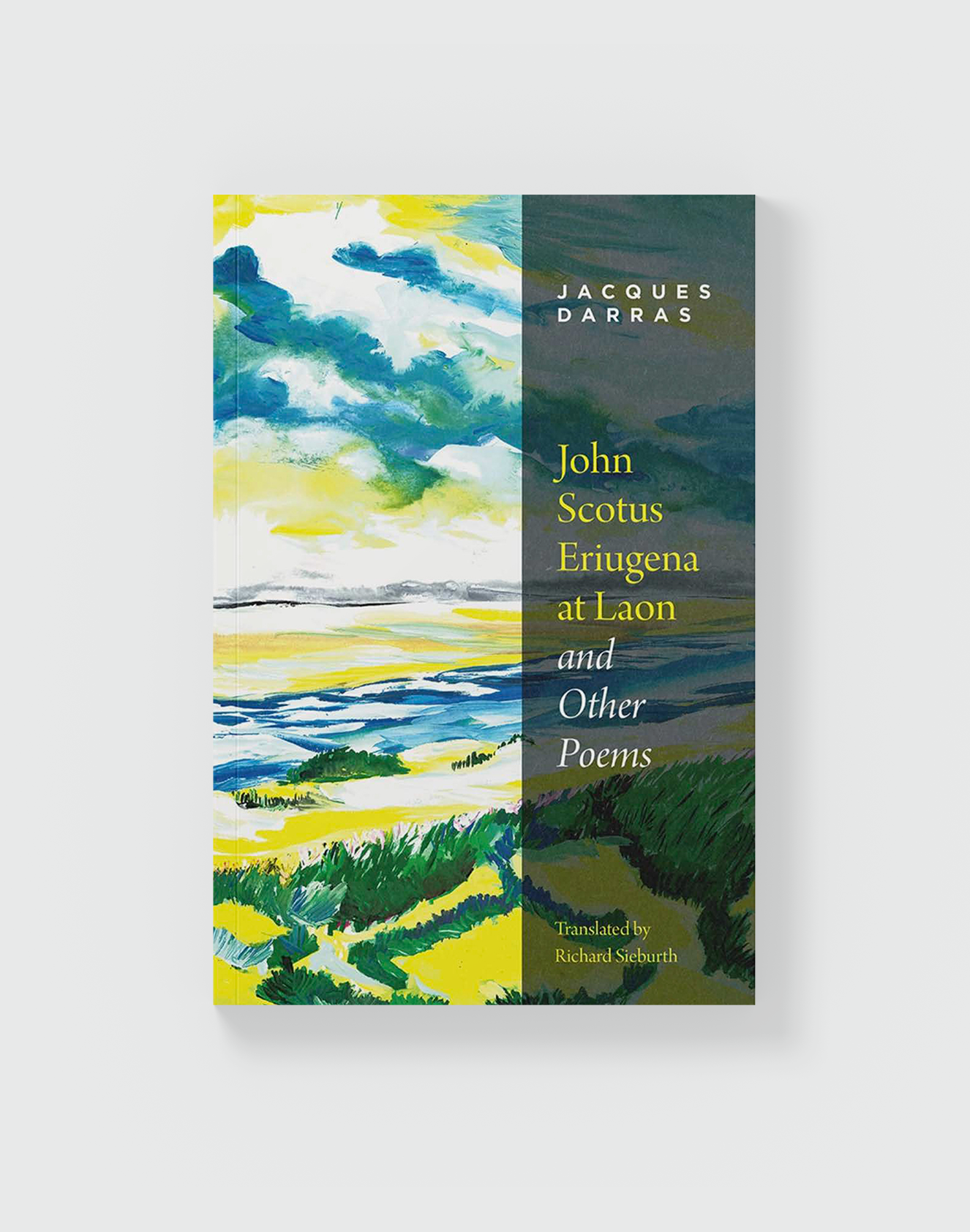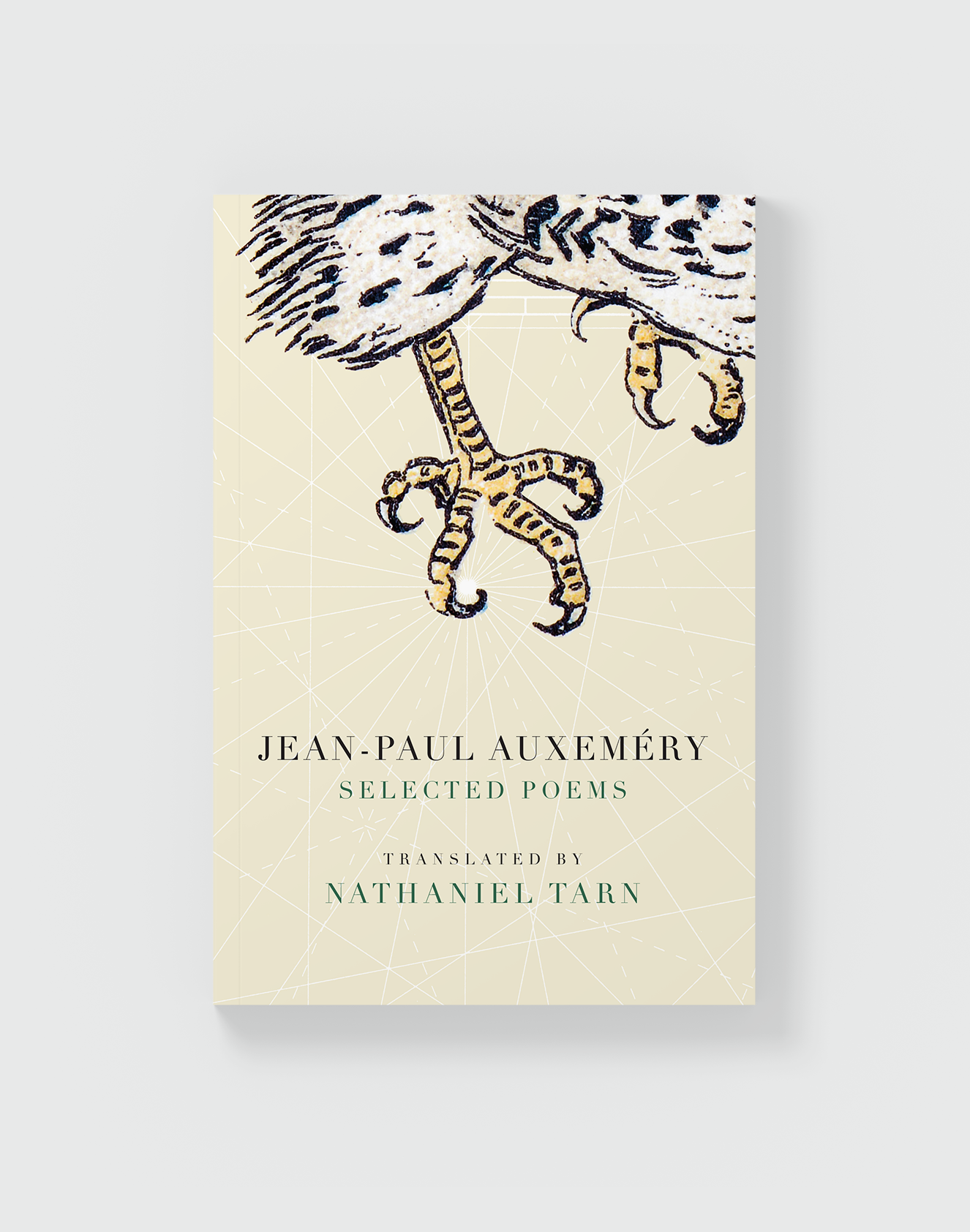Maria Stepanova & Eugene Ostashevsky - OVID VOID
-
Limited Edition Chapbook
Bilingual Edition
48 pages
June 15, 2025
Maria Stepanova
& Eugene Ostashevsky
OVID VOID
A bilingual collection of responses to Ovid’s poems of exile by the Russian poet Maria Stepanova and the American poet Eugene Ostashevsky crosses the border between authorship and translation.
The Roman poet Ovid wrote his last poems while exiled by Augustus to a border settlement on the Black Sea. The Russian poet Maria Stepanova condensed and paraphrased Ovid’s poems of exile during the winter of the pandemic, which she spent in the countryside outside Moscow. The American poet Eugene Ostashevsky responded to Stepanova’s versions of Ovid as they were being written, from his quarantine in Shanghai. The poets’ bilingual “conversation” violates the distinction between translation and the original in order to describe some of the forms that empire and exile may assume in the modern world.
“OVID VOID transposes Ovid’s Tristia into an exuberant idiom that shows the brilliance of two poets, Maria Stepanova and Eugene Ostashevsky. The poems absorb the shock of contemporary lexicon into lines built on Ovid’s plaintive elegies, so that we read of one-night stands and the Labyrinth bookstore, of shipboard transit and National Poetry Day, of bones and stars and snow. There are swords not to be confused with words, there is giggling even as there is wrath. The Russian and the English offer enormous pleasure, as if the joy of the languages could soften exile’s anguish, or could bring one to terms with the ‘reminders of memories that are eroded, erased, or expunged.’” —Stephanie Sandler
MARIA STEPANOVA (born in Moscow in 1972), poet, essayist and editor, is the recipient of several Russian and international literary awards, including the Leipzig Book Prize for European Understanding. Her poems have been translated into a number of languages, including English, German, French, Italian and Swedish. Her documentary novel Pamiati pamiati (In Memory of Memory) came out in Russian in 2017 and received the Russian Big Book Prize. The book was translated into 29 languages, shortlisted for the International Booker Prize and Prix Médicis, longlisted for the National Book Award, and received the French Prix de Meilleur Livre Étranger. As of 2022, Maria Stepanova lives in Berlin.
EUGENE OSTASHEVSKY is a poet and translator whose writing is described as “translingual” because of its focus on multilingualism and linguistic interference. His Feeling Sonnets (Carcanet, NYRB Poets) examines the effects of speaking a non-native language on emotions, parenting, and identity. An earlier book, The Pirate Who Does Not Know the Value of Pi (NYRB Poets), discusses communication difficulties between pirates and parrots. As a translator, Ostashevsky is best known for his editions of the Russian avant-garde, such as OBERIU: An Anthology of Russian Absurdism (Northwestern UP). His most recent translation is Lucky Breaks by the Ukrainian writer Yevgenia Belorusets (New Directions). His work has appeared in Best American Poetry and won the National Translation Award, the City of Münster International Poetry Prize, and other prizes.
PRESS





